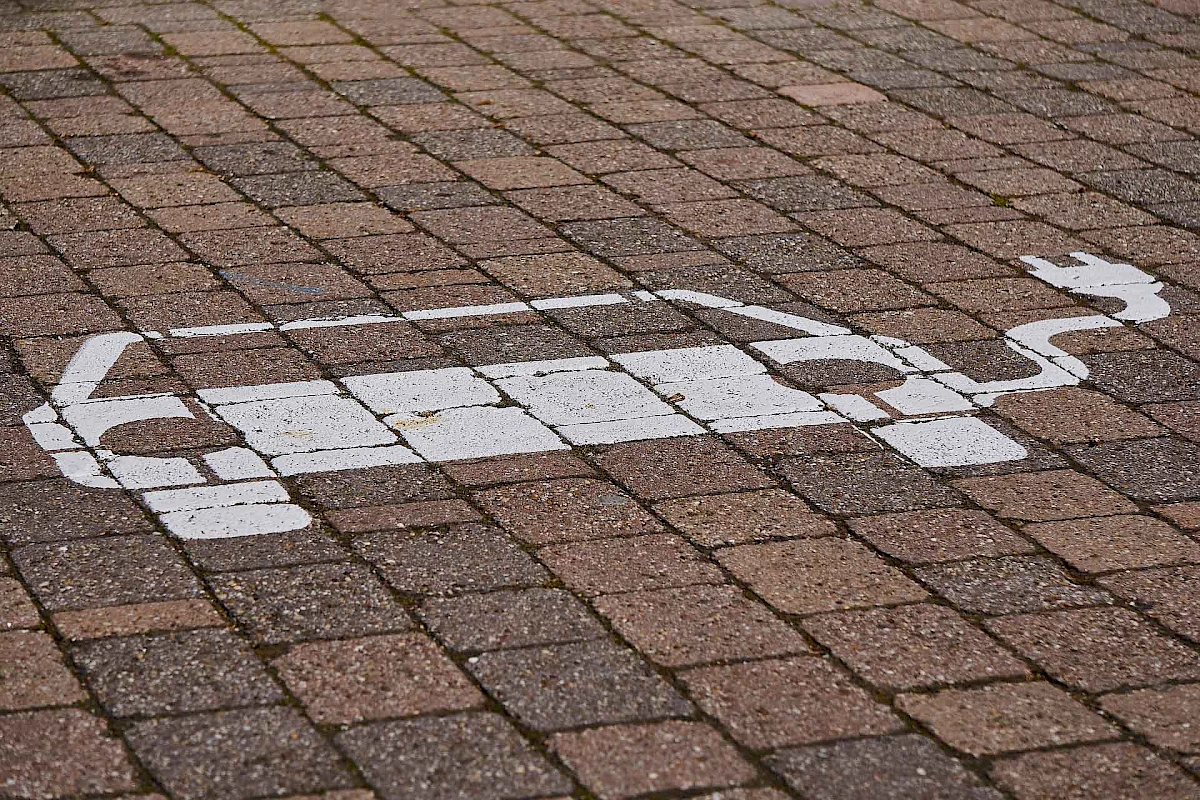
© Photo by geogif on istockphoto


Electromobility
As part of the European "Green Deal", the EU member states are committed to becoming climate-neutral by 2050. Potential for reducing emissions lies in the transport sector, among others, which is why alternative drive systems such as electric vehicles are increasingly coming into focus. Lithium-ion batteries are a key technology here. In Germany alone, approximately 7 to 10 million electric vehicles are to be used by 2030 in order to achieve the climate targets. Resource-conserving and efficient recycling of lithium-ion battery cells is necessary in view of a battery life of 10 years and the high return rates to be expected in the future. This is made more difficult by their heterogeneity, which is mainly due to the complexity and design diversity of the battery packs as well as a variety of possible cathode materials of the battery cells. Separating and processing the latter by type, for example by means of appropriate labelling, can help to improve processing and thus save valuable primary resources and keep the raw materials already placed on the market in the cycle.
As part of the European "Green Deal", the EU member states are committed to becoming climate-neutral by 2050. Potential for reducing emissions lies in the transport sector, among others, which is why alternative drive systems such as electric vehicles are increasingly coming into focus. Lithium-ion batteries are a key technology here. In Germany alone, approximately 7 to 10 million electric vehicles are to be used by 2030 in order to achieve the climate targets. Resource-conserving and efficient recycling of lithium-ion battery cells is necessary in view of a battery life of 10 years and the high return rates to be expected in the future. This is made more difficult by their heterogeneity, which is mainly due to the complexity and design diversity of the battery packs as well as a variety of possible cathode materials of the battery cells. Separating and processing the latter by type, for example by means of appropriate labelling, can help to improve processing and thus save valuable primary resources and keep the raw materials already placed on the market in the cycle.
 Electromobility
Electromobility© Photo by distelAPPArath on Pixabay
